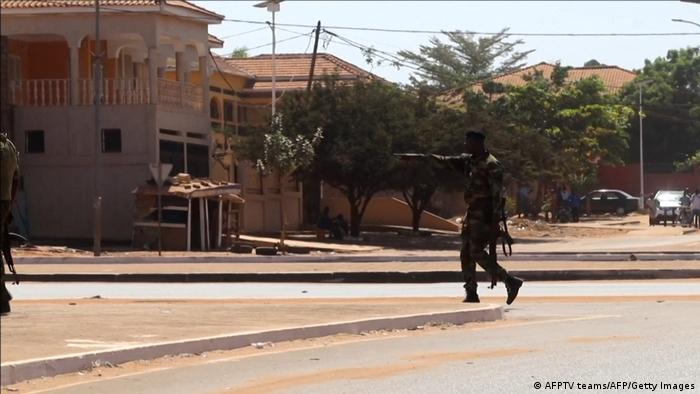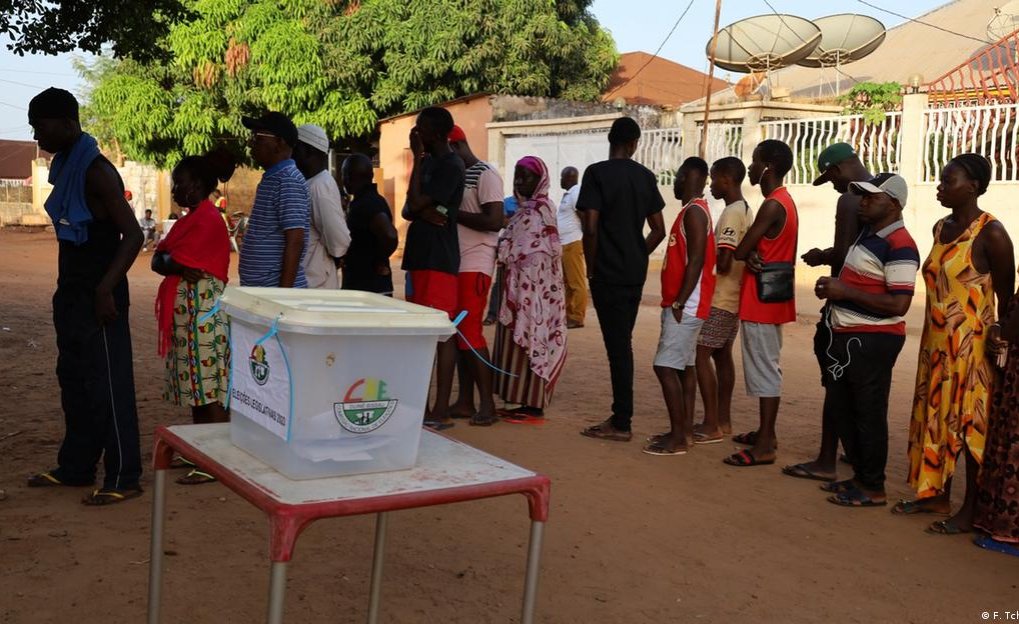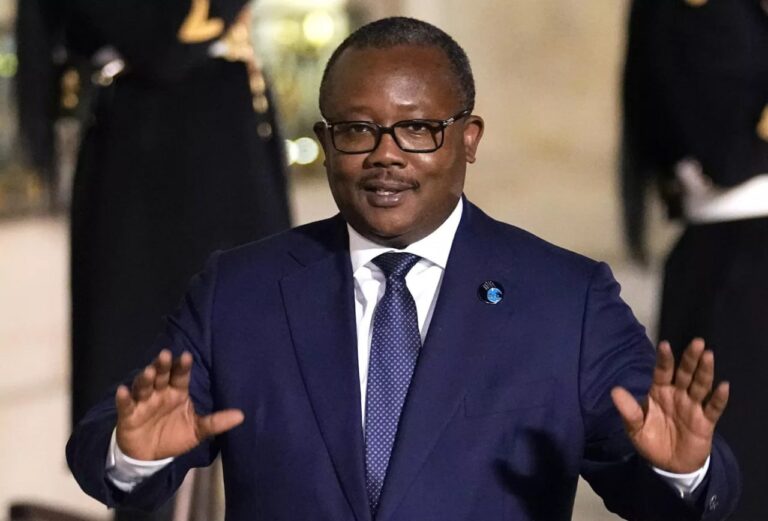Tensions between the President and the parliament majority of Guinea-Bissau provoked the coup attempt and jeopardized democracy and stability after dissolving legislative body by the head of the state.
Guinea-Bissau’s President Umaro Sissoco Embalo dissolved the country’s opposition-dominated parliament after the unsuccessful coup attempt on December 1, 2023. This move raises additional concerns about political stability in the country and the wider coup-hit West African region. It is the second time in less than two years that Embalo has dissolved the parliament. Three months after surviving a coup attempt in February 2022, the Guinea Bissau leader did the same thing, citing “unresolvable differences” with the legislature.

More on this story: Guinea-Bissau’s foiled coup: linked to drug or against French-friendly President
The presidential order alluded to the gunfight that began in the nation’s capital, Bissau, between members of the Presidential Palace Battalion and National Guard controlled by the parliament on Thursday, November 30 and ended on December 1, 2023. The battalion was attempting to re-arrest two ministers who had been freed from detention while being investigated for corruption.
Unlike in other coups in West Africa which have been inspired by perceived bad governance, the shootout in Guinea-Bissau started as the members of the Presidential Palace Battalion tried to rearrest two government officials — Economy and Finance Minister Suleimane Seidi and Treasury Secretary António Monteiro. Both were being questioned over the use of government funds before the members of the National Guard secretly released them. Seidi is a member of the former ruling PAIGC party, who leads the coalition that won a majority in legislative elections in June. The result quashed President Umaro Sissoco Embalo’s plans to push through a constitutional change that would have allowed him to consolidate power by removing the country’s semi-presidential system. The PAIGC is opposed to this.
Tensions have also remained between Embalo and a coalition of opposition groups that won the majority in Guinea Bissau’s parliament in June, more than one year after the president dissolved the parliament.

Guinea-Bissau’s semi-presidential system limits the president’s powers by allowing the majority party in the parliament to appoint the Cabinet. As a result, the National Guard — which is under the Ministry of Interior — is largely controlled by the opposition-dominated parliament.
The Guinea-Bissau “failed coup” is the fourth successful or attempted military seizure of power in West and Central Africa in the past six months.
Victor Tchongo, the head of the National Guard, has been dismissed and “will pay dearly” for the attempt to depose the president.
The dominant party in the Guinea-Bissau parliament appoints members of the Cabinet, constraining the president’s authority under Guinea-Bissau’s semi-presidential government. The National Guard, which reports to the Ministry of Interior, is therefore primarily under the authority of the opposition-dominated parliament.
The “failed coup” occurred while Embalo was attending the UN climate meeting in Dubai. On his return, Embalo fired National Guard Chief Victor Tchongo, claiming that other members of the guard had also asked for the ministers’ release.
,
Following the outbreak of gunfire near the barracks in the Santa Luzia district, Finance Minister Souleiman Seidi and Secretary of State for the Public Treasury Antonio Monteiro were both freed by members of the national guard. They were relocated to Bissau’s southern district, based on reports from military and intelligence sources.
Seidi and Monteiro were taken into custody and allegedly interrogated over the withdrawal of U.S.$10 million from state funds which Seidi claims was legal and meant to support the private sector.
President Embalo invokes the “complicity” between the National Guard, the body involved in the clashes with the Presidential Guard and certain political interests within the state apparatus itself. President Embalo accuses Parliament of having “preferred to defend members of the executive suspected of acts of corruption seriously harming the higher interests of the State”, rather than “fighting for the rigorous application of the law ( …) and to exercise its role of controlling the actions of the government.
Embalo’s long-time rival and parliamentary speaker Domingos Simoes Pereira accused the president of carrying out “constitutional coup d’etat”. However, It is not clear if the parliament would continue to sit despite the presidential decree.
Embalo, a former army general, was declared the winner of a December 2019 runoff presidential election which his opponent contested. He survived a February 2022 coup attempt that he asserted had “to do with our fight against narco-trafficking” and he has since then cracked down on civic freedoms while government bodies have lost significant independence, according to analysts.
Following the cessation of violence, the army released a press statement saying order had been restored. Guinea-Bissau has suffered numerous coups and unrest since achieving its independence from Portugal in 1974.
Guinea-Bissau became known as a transit point for cocaine between Latin America and Europe in the 2000s when traffickers profited from corruption and weak law enforcement.




